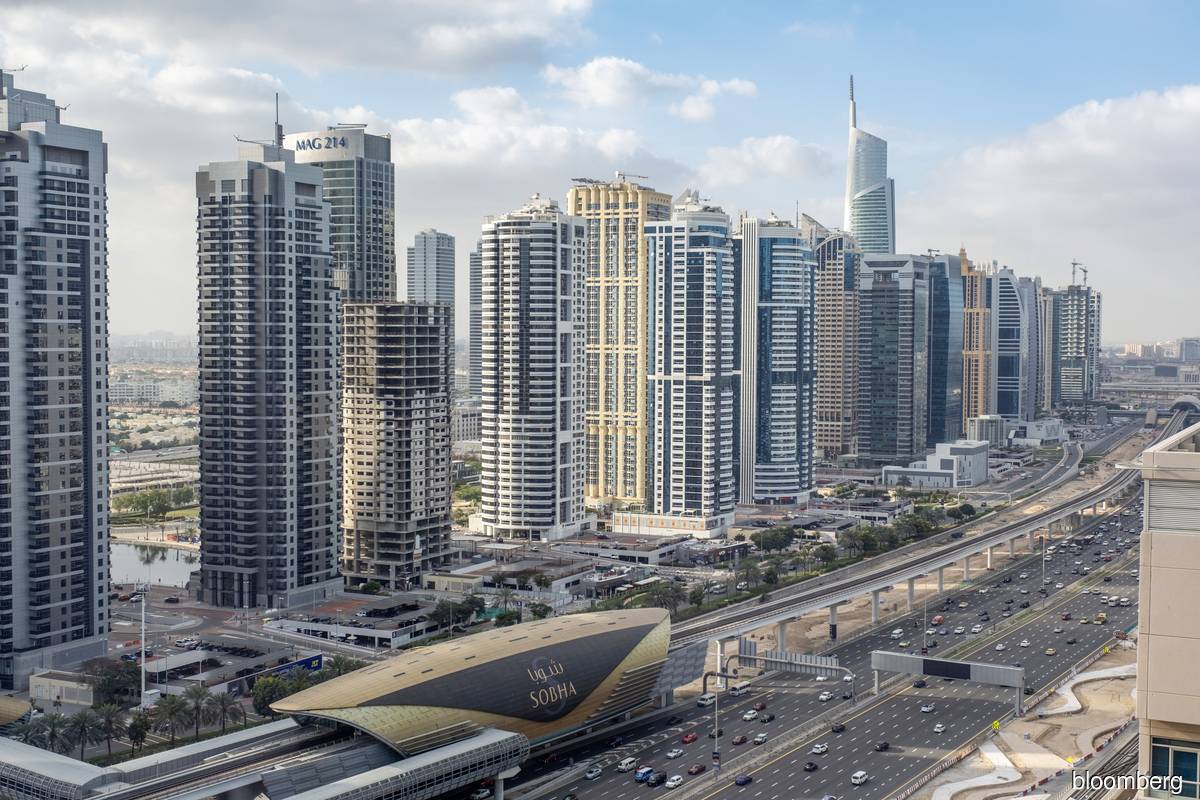Dubai’s real estate market is gearing up for another significant increase in 2025, with residential property values projected to rise by 8%, as reported by global real estate consultancy Knight Frank. The city’s appeal to international investors and high-net-worth individuals continues to grow, ensuring a robust outlook for the housing sector despite ongoing global economic challenges.
Dubai’s property market is poised for another wave of growth in 2025, with residential values expected to rise by 8%, according to a new report from global real estate consultancy Knight Frank. As the city continues to attract international investors and high-net-worth individuals, the outlook for the housing sector remains strong despite global economic challenges.
Dubai’s thriving real estate market is on track to maintain its upward momentum in 2025, with residential property values anticipated to increase by 8%, according to a recent forecast by Knight Frank. This optimistic projection follows a remarkable rebound in the city’s housing market, which has seen substantial growth over the past two years, driven by economic recovery, government initiatives, and strong demand from international buyers.
Knight Frank points to several factors contributing to the expected price rise, including the ongoing influx of foreign investors, Dubai’s reputation as a global business hub, and the growing allure of its luxury property sector. The city’s competitive real estate landscape, coupled with stable macroeconomic conditions, has made it a desirable destination for both buyers and renters. Additionally, Dubai’s infrastructure projects, including developments related to Expo 2020 and new mega-projects, are likely to further stimulate housing demand in 2025.
Despite uncertainties in the global economy, Dubai’s property market has shown remarkable resilience, especially in the high-end and prime residential segments. International investors, particularly from Europe, Asia, and Russia, continue to see Dubai as a safe investment haven, further enhancing demand for both residential and commercial properties.





